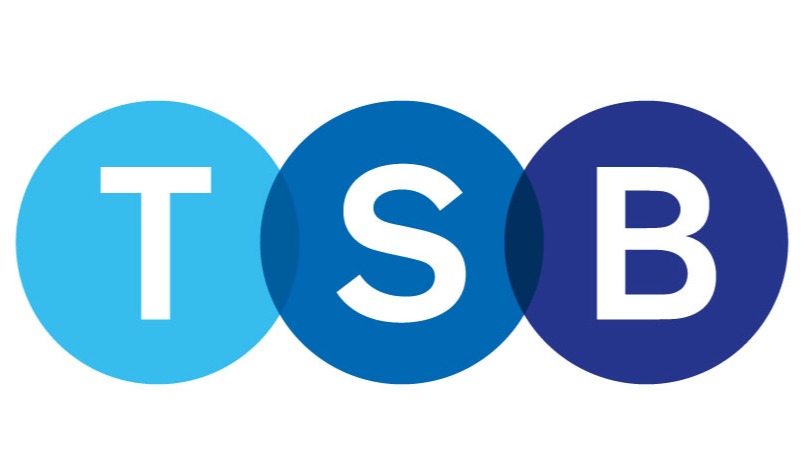The British Business Bank has announced a new initiative for female investors considering making an application to one of the bank’s equity programmes.
The Emerging Female Investor Open Office Hours scheme aims to break down barriers and offer an open and informal space for female investors to ask questions about applying to one of the bank’s equity programmes.
The initiative is aimed at all potential or emerging female investors, including angels, general partners and fund managers.
The British Business Bank said it wants to grow the pipeline of female investors applying to its programmes, achieving success and, in turn, supporting female entrepreneurs.
With this new initiative, the bank aims to give potential or emerging female investors the tools and insights to better understand its programme requirements and make it easier for new entrants to break into venture capital, boosting the number of female investors.
The initiative will deliver pre-application drop-in sessions to connecting potential or emerging female investors with members of the bank’s equity teams. The bank said that this will enable them find out about the process and gain confidence ahead of entering the programme’s formal application funnel.
Sessions will be held remotely to ensure all potential or emerging female investors can access the office hours, regardless of where they might be based.
According to its research, the bank said that there is a correlation between female representation at venture capital firms and how much they invest in female-led businesses.
The firm said that just 2p of every £1 invested in VC funding in the UK goes to female-founded businesses and only 13 per cent of senior individuals on UK VC investment teams are women.
The British Business Bank estimates that around £250 billion of new value could be added to the UK economy if women started and scaled new businesses at the same rate as men.
Christine Hockley, managing director & co-head of funds at British Business Bank, said that by offering an open and informal space, the bank will give emerging female talent the tools and insights to succeed and make it easier for new entrants to break into venture capital.
“There are still many barriers to be tackled, but the British Business Bank is committed to growing the pipeline of new female investors applying to its programmes,” she added. “We are in a unique position in the market to offer funding, as well as tailored, non-financial support to help improve access to finance.”
The bank previously committed to supporting the aims of the Invest in Women Taskforce by investing £50 million into female-led funds through its existing programmes. It has recently established a majority female ‘Invest in Women Committee’ to advise on how this capital is allocated.
British Business Bank is also a founding signatory of the Investing in Women Code, a government-led initiative in response to the Rose Review’s findings that a lack of funding was one of the most significant barriers to women seeking to effectively scale a business.
The Code, which seeks to support the advancement of female entrepreneurship in the United Kingdom, has over 250 signatories.
Latest News
-
Gemini to cut quarter of workforce and exit UK, EU and Australia as crypto slump forces retrenchment
-
Bank ABC’s mobile-only ila bank migrates to core banking platform
-
Visa launches platform to accelerate small business growth in US
-
NatWest to expand Accelerator programme to 50,000 members in 2026
-
BBVA joins European stablecoin coalition
-
eToro partners with Amundi to launch equity portfolio with exposure to ‘megatrends’
Creating value together: Strategic partnerships in the age of GCCs
As Global Capability Centres reshape the financial services landscape, one question stands out: how do leading banks balance in-house innovation with strategic partnerships to drive real transformation?
Data trust in the AI era: Building customer confidence through responsible banking
In the second episode of FStech’s three-part video podcast series sponsored by HCLTech, Sudip Lahiri, Executive Vice President & Head of Financial Services for Europe & UKI at HCLTech examines the critical relationship between data trust, transparency, and responsible AI implementation in financial services.
Banking's GenAI evolution: Beyond the hype, building the future
In the first episode of a three-part video podcast series sponsored by HCLTech, Sudip Lahiri, Executive Vice President & Head of Financial Services for Europe & UKI at HCLTech explores how financial institutions can navigate the transformative potential of Generative AI while building lasting foundations for innovation.
Beyond compliance: Building unshakeable operational resilience in financial services
In today's rapidly evolving financial landscape, operational resilience has become a critical focus for institutions worldwide. As regulatory requirements grow more complex and cyber threats, particularly ransomware, become increasingly sophisticated, financial services providers must adapt and strengthen their defences. The intersection of compliance, technology, and security presents both challenges and opportunities.
© 2019 Perspective Publishing Privacy & Cookies














Recent Stories